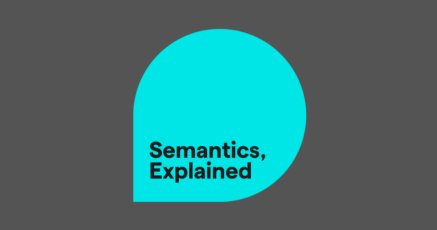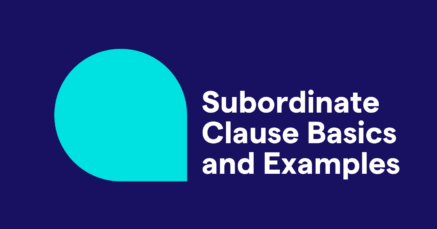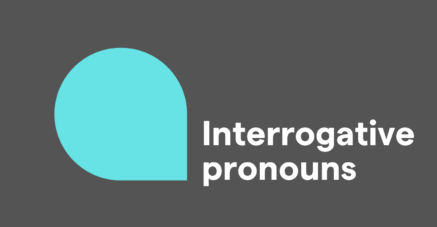Grammar Tips
 Direct and Indirect (Reported) Speech: Rules and ExamplesWriting often includes references to spoken words. Examples of this are dialogue in novels, quotes in articles, and paraphrased...May 13, 2025
Direct and Indirect (Reported) Speech: Rules and ExamplesWriting often includes references to spoken words. Examples of this are dialogue in novels, quotes in articles, and paraphrased...May 13, 2025 What Is Semantics? Meaning, Types, and ExamplesSemantics is a core branch of linguistics, the scientific study of language. It focuses on a sentence’s meaning. More...May 7, 2025
What Is Semantics? Meaning, Types, and ExamplesSemantics is a core branch of linguistics, the scientific study of language. It focuses on a sentence’s meaning. More...May 7, 2025 What Is a Subordinate Clause? (With Examples)Key takeaways: A subordinate clause, or dependent clause, cannot stand alone as a complete sentence and relies on a main clause...April 28, 2025
What Is a Subordinate Clause? (With Examples)Key takeaways: A subordinate clause, or dependent clause, cannot stand alone as a complete sentence and relies on a main clause...April 28, 2025 What Is an Interrogative Pronoun? Definition and ExamplesWhat word do you use when you don’t know the word? Interrogative pronouns like what or who replace unknown nouns, especially in...November 4, 2024
What Is an Interrogative Pronoun? Definition and ExamplesWhat word do you use when you don’t know the word? Interrogative pronouns like what or who replace unknown nouns, especially in...November 4, 2024 The Simple Verb Tense: A Complete GuideThe simple tense is the most basic verb tense in English—and also the simplest! But despite its name, there are some confusing...October 15, 2024
The Simple Verb Tense: A Complete GuideThe simple tense is the most basic verb tense in English—and also the simplest! But despite its name, there are some confusing...October 15, 2024 Opposite Words in English: Grow Your Vocabulary With AntonymsDoes your vocabulary need a boost? After losing a game or two of Scrabble, you may find yourself wishing your linguistic library...July 26, 2024
Opposite Words in English: Grow Your Vocabulary With AntonymsDoes your vocabulary need a boost? After losing a game or two of Scrabble, you may find yourself wishing your linguistic library...July 26, 2024 What Is the Simple Future Tense? Definition and Use Cases, with ExamplesWhen we talk or write about plans, expectations, schedules, and predictions, we often use the simple future tense. The simple...June 28, 2024
What Is the Simple Future Tense? Definition and Use Cases, with ExamplesWhen we talk or write about plans, expectations, schedules, and predictions, we often use the simple future tense. The simple...June 28, 2024 Spelling Plurals With “-s” or “-es”You might think spelling plural words is as simple as adding –s or –es at the end. But, as with many things in...May 30, 2024
Spelling Plurals With “-s” or “-es”You might think spelling plural words is as simple as adding –s or –es at the end. But, as with many things in...May 30, 2024 5 Spelling Rules to KnowSpelling can be a tricky business. It’s a skill that requires precision, patience, and a good memory. English spelling, in...May 30, 2024
5 Spelling Rules to KnowSpelling can be a tricky business. It’s a skill that requires precision, patience, and a good memory. English spelling, in...May 30, 2024 Spelling Words With “ei” and “ie”: The “i Before e, Except After c” RuleThe English language is a fascinating puzzle. It’s filled with rules, exceptions, and everything in between. One such rule...May 30, 2024
Spelling Words With “ei” and “ie”: The “i Before e, Except After c” RuleThe English language is a fascinating puzzle. It’s filled with rules, exceptions, and everything in between. One such rule...May 30, 2024